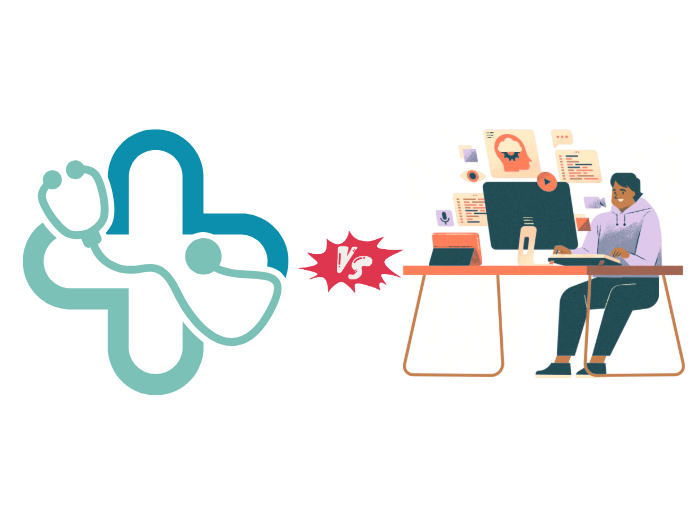
For students in Classes 10 and 12, academic life can feel like a tightrope walk—on one side are the crucial board exams, and on the other, the high-stakes competitive exams like JEE, NEET, CUET, or others. Balancing the two can be overwhelming, but with the right strategy, it’s not only possible—it can be a smooth and successful journey.
Why This Balance Matters
Board exams focus on conceptual clarity and presentation skills, while competitive exams demand speed, accuracy, and problem-solving ability. Preparing for both helps develop a strong foundation and sharpens your analytical thinking. Moreover, many topics overlap, especially in subjects like Physics, Chemistry, Biology, and Mathematics.
Smart Tips to Balance Board and Competitive Exam Preparation
1. Understand the Syllabus Overlap
Most competitive exams cover the NCERT syllabus, especially in science and math subjects. Use this to your advantage. Prepare simultaneously for both by aligning your topics. For example, while studying “Electrostatics” for boards, practice MCQs for JEE/NEET as well.
2. Make a Balanced Time-Table
Divide your study time wisely:
- Mornings: Focus on conceptual learning (useful for both exams)
- Afternoons: Solve objective-type questions (for competitive exams)
- Evenings: Practice writing long answers and previous board exam papers
Be sure to include breaks and some buffer time for revisions.
3. Prioritize According to the Calendar
If your board exams are nearer, shift the focus slightly towards them. After the boards, go full throttle with competitive exam mock tests. Planning your study phases according to exam dates avoids last-minute panic.
4. Practice Different Question Formats
- For Boards: Solve subjective questions and write answers neatly
- For Competitive Exams: Practice MCQs, timed tests, and negative marking strategies
This dual approach ensures you’re not thrown off by either format.
5. Revise Regularly
Revise chapters in cycles. Use techniques like:
- Summary notes
- Flashcards
- Weekly mock tests
This keeps both board and competitive content fresh in your mind.
6. Use the Right Resources
- For Boards: NCERT books, previous year papers, sample papers
- For Competitive Exams: Coaching materials, reference books like HC Verma, MTG, Allen modules, and online platforms like NTA Abhyas or Testbook
7. Stay Mentally Fit
Stress is natural, but managing it is key. Maintain a healthy routine:
- Sleep at least 6–8 hours
- Eat well
- Practice light exercise or meditation
A healthy body fuels a sharp mind.
Common Mistakes to Avoid
- Ignoring one exam in favor of the other
- Cramming without understanding concepts
- Skipping revision or mock tests
- Burning out by studying excessively without rest
Final Thoughts
Balancing board exams and competitive exams is like managing two important tasks with overlapping goals. With proper planning, dedication, and a positive mindset, you can excel in both. Remember, it’s not about choosing one over the other—it’s about mastering both with focus and flexibility.
Shrivastavaclasses Shrivastavaclasses





